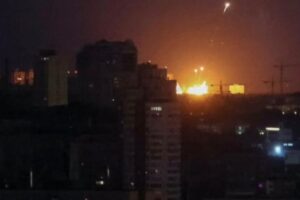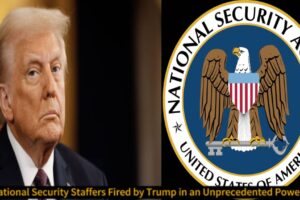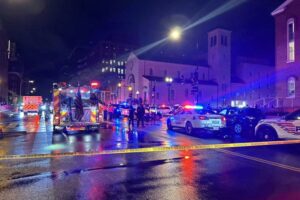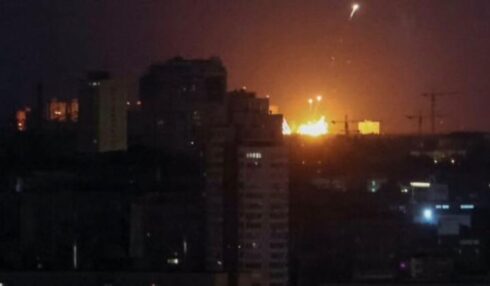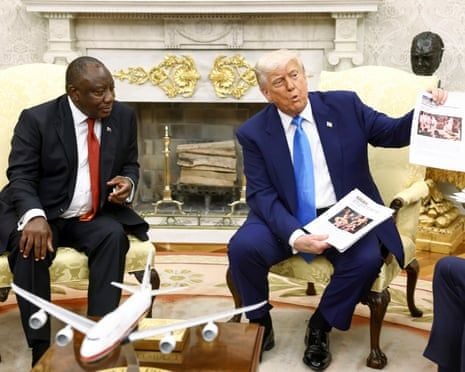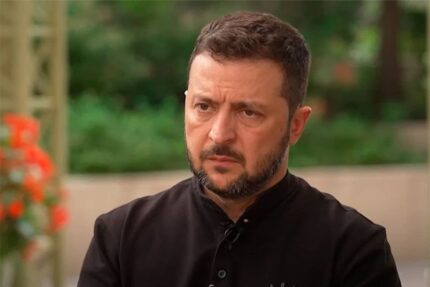Kyiv, the capital of Ukraine, was jolted by a ferocious combined missile and drone attack by Russian forces late Friday night into early Saturday morning. Explosions and machine-gun fire echoed across the city as residents scrambled for safety, many seeking shelter in underground metro stations.
The nighttime barrage marked one of the heaviest assaults on the city in recent weeks. According to the acting head of Kyiv’s military administration, Tymur Tkachenko, debris from intercepted missiles and drones fell in at least four districts. The Solomianskyi district reported two fires, while six civilians required medical attention for injuries ranging from shrapnel wounds to shock.
Mayor Vitalii Klitschko had earlier warned residents of over 20 strike drones heading toward Kyiv. As the attack progressed, drone fragments hit a shopping mall and a residential building in the Obolon district. Emergency crews responded swiftly to mitigate damage and search for additional victims.
Attack Follows Major Prisoner Exchange Between Russia and Ukraine
The overnight attack came just hours after a rare moment of diplomatic cooperation: a large-scale prisoner swap between Russia and Ukraine. The exchange involved 1,000 prisoners—390 Ukrainians returned home in the first phase, with further releases expected over the weekend. This marks the largest such swap since the war began over three years ago.
Ukrainian President Volodymyr Zelenskyy welcomed the returnees, emphasizing the emotional and symbolic importance of the event. Russia’s Defense Ministry confirmed that an equal number of Russian prisoners were repatriated and taken to Belarus for medical evaluation.
The exchange took place at the northern Ukrainian border with Belarus. The emotional reunion scene was heart-wrenching, with relatives holding photos of missing loved ones, hoping for any sign of recognition. One woman cried out, “Vanya!” as a freed soldier recognized her husband’s photo among many displayed at the medical facility.
Ceasefire Talks Remain Distant Despite Diplomatic Overtures
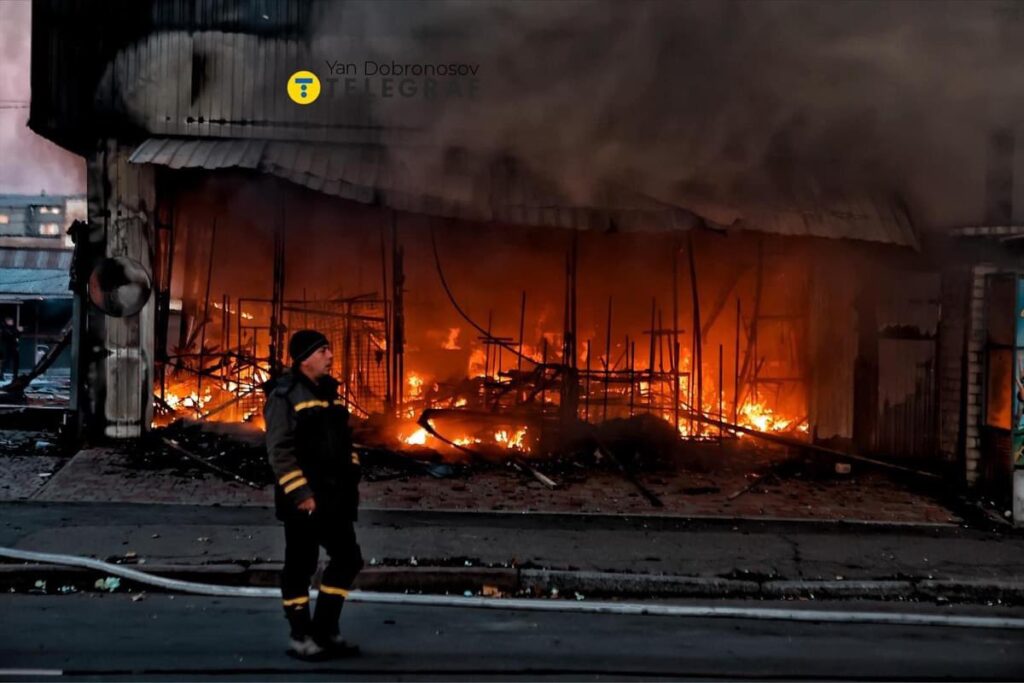
While the prisoner swap hinted at a potential thaw in diplomatic relations, no concrete progress has been made on a ceasefire. The recent Istanbul meeting where the deal was brokered was described by Turkish Foreign Minister Hakan Fidan as a “confidence-building measure,” but talks on broader peace terms remain stalled.
Kremlin spokesman Dmitry Peskov confirmed Friday that no date or venue has been agreed upon for further negotiations. Meanwhile, Russian Foreign Minister Sergey Lavrov said Moscow is preparing to deliver a draft peace agreement once the full prisoner exchange concludes.
However, core disagreements persist. Ukraine, backed by Western allies, insists on a temporary ceasefire as a precondition to broader peace discussions—an idea Russia has yet to embrace. On the battlefield, both sides continue their offensives, with over 620 miles of front lines still active and thousands of casualties reported.
Trump’s Comments Stir Controversy as War Drags On
Amid the geopolitical maneuvering, former U.S. President Donald Trump re-entered the conversation on Ukraine, revealing that he had a two-hour phone call with Russian President Vladimir Putin earlier in the week. Describing the conversation as “excellent,” Trump claimed progress was being made and expressed trust in Putin’s desire for peace.
His remarks have sparked criticism from European leaders and members of the Biden administration, who argue that Putin has shown no real commitment to ending the conflict. Many view Trump’s optimism as detached from the realities on the ground, especially as Russian aggression escalates with attacks like the one on Kyiv.
Despite Trump’s comments, diplomatic sources suggest that Russia is using ceasefire talks to buy time while continuing to press its military advantage. European leaders have accused President Putin of stalling negotiations to seize more Ukrainian territory.
Both Sides Escalate Strikes Amid Stalemate
While peace talks remain elusive, the scale and scope of attacks have intensified. Ukraine’s air force reported that Russia had launched 175 Shahed drones and decoy UAVs, alongside a ballistic missile since Thursday night. In response, Ukraine’s military claims to have intercepted the majority of the drones targeting Kyiv.
Russia’s Defense Ministry, for its part, announced the downing of 788 Ukrainian drones between May 20 and May 23 in various regions, including areas far from active combat zones. This exchange of drone strikes underscores how the war has extended beyond the frontlines and into civilian urban centers.
As fighting persists with no clear end in sight, the humanitarian toll deepens. Despite the hopeful optics of the prisoner exchange, Friday night’s attack in Kyiv is a sobering reminder that peace remains distant, and the war, now in its third year, shows no signs of abating.

